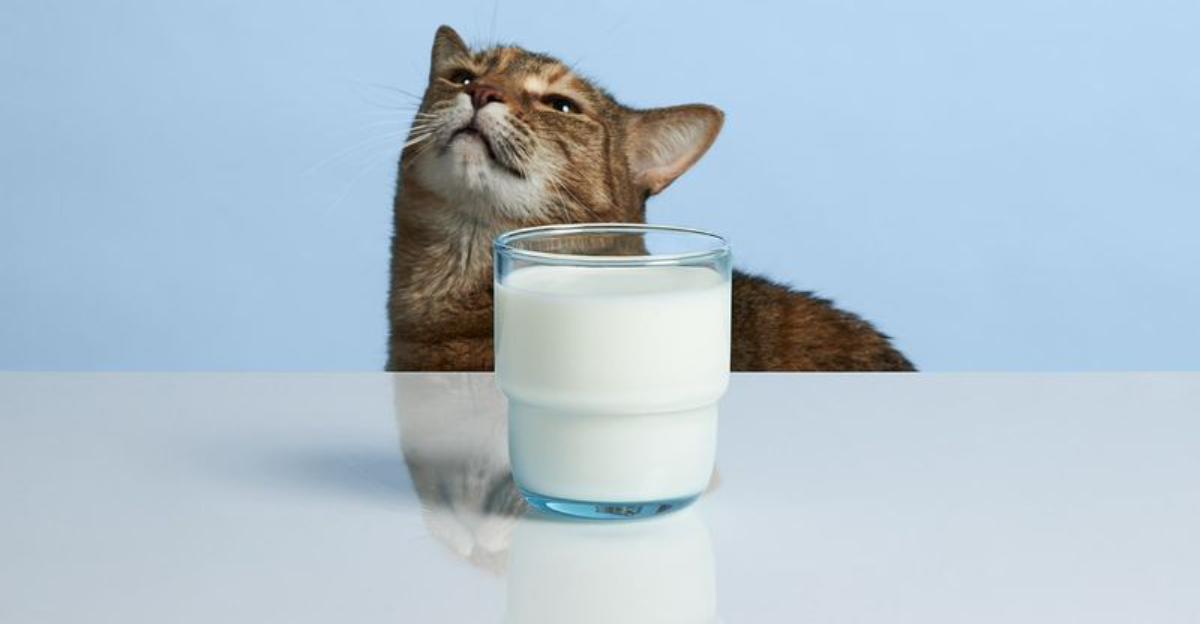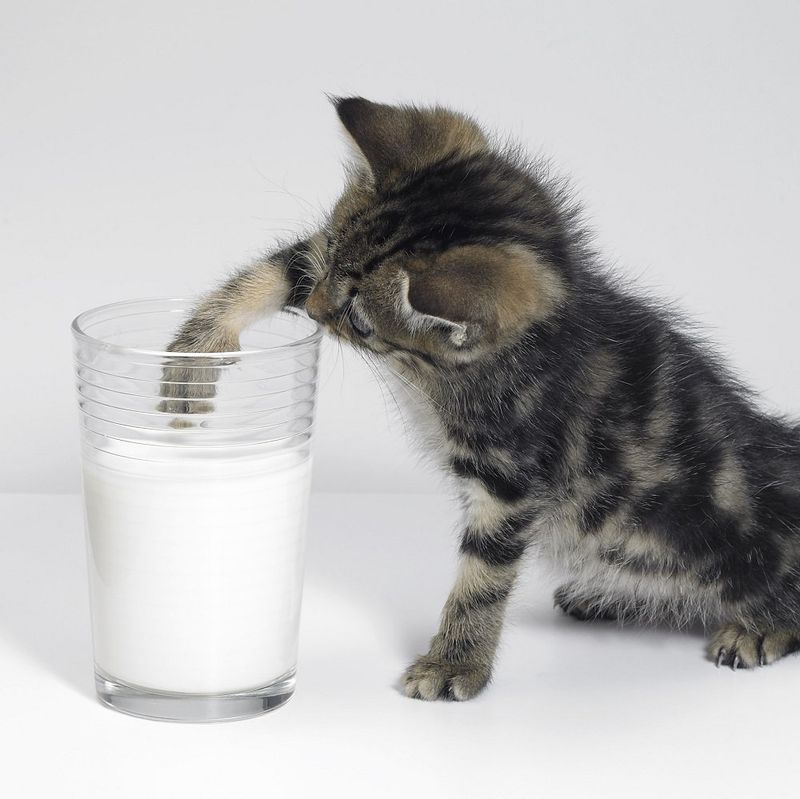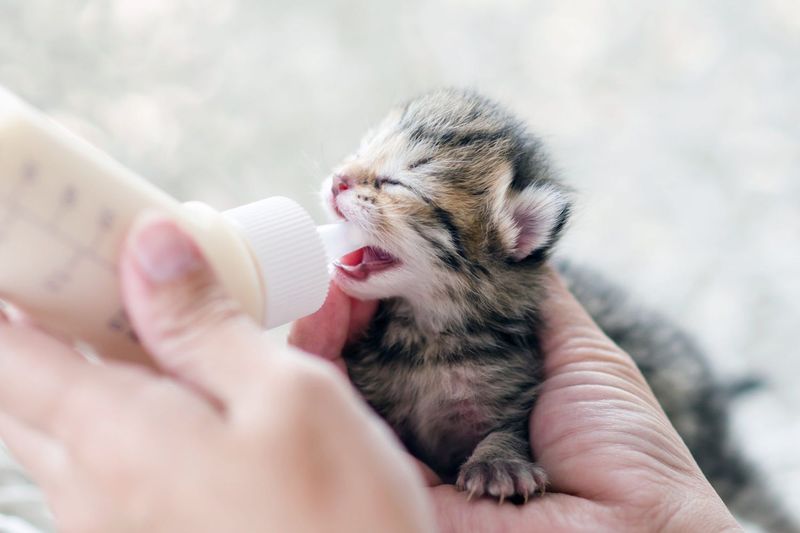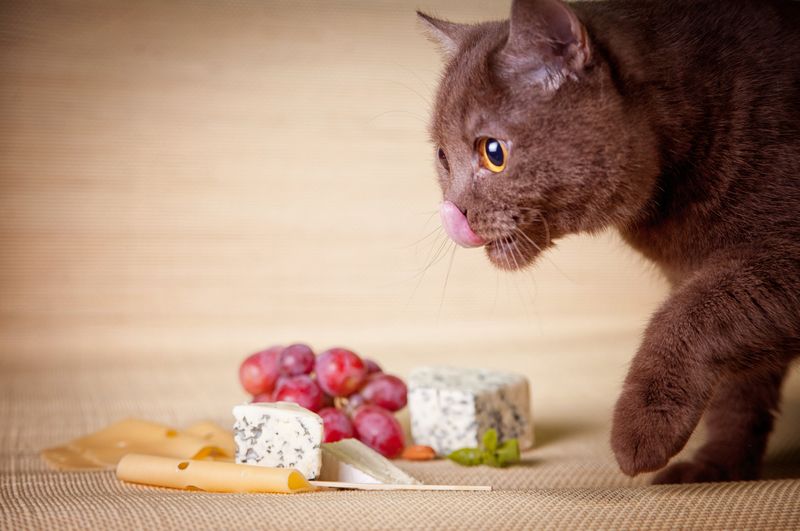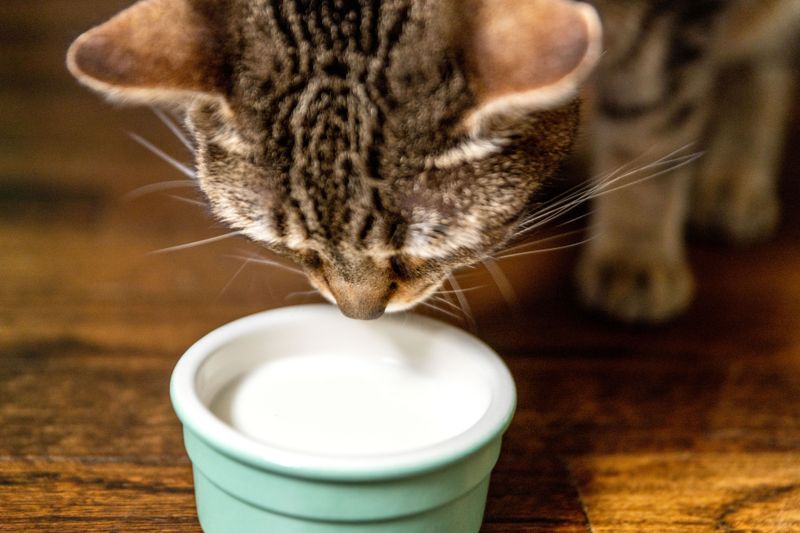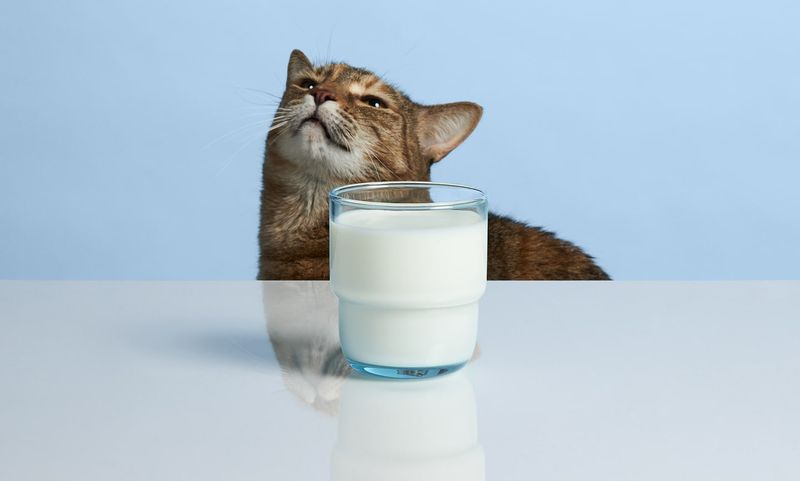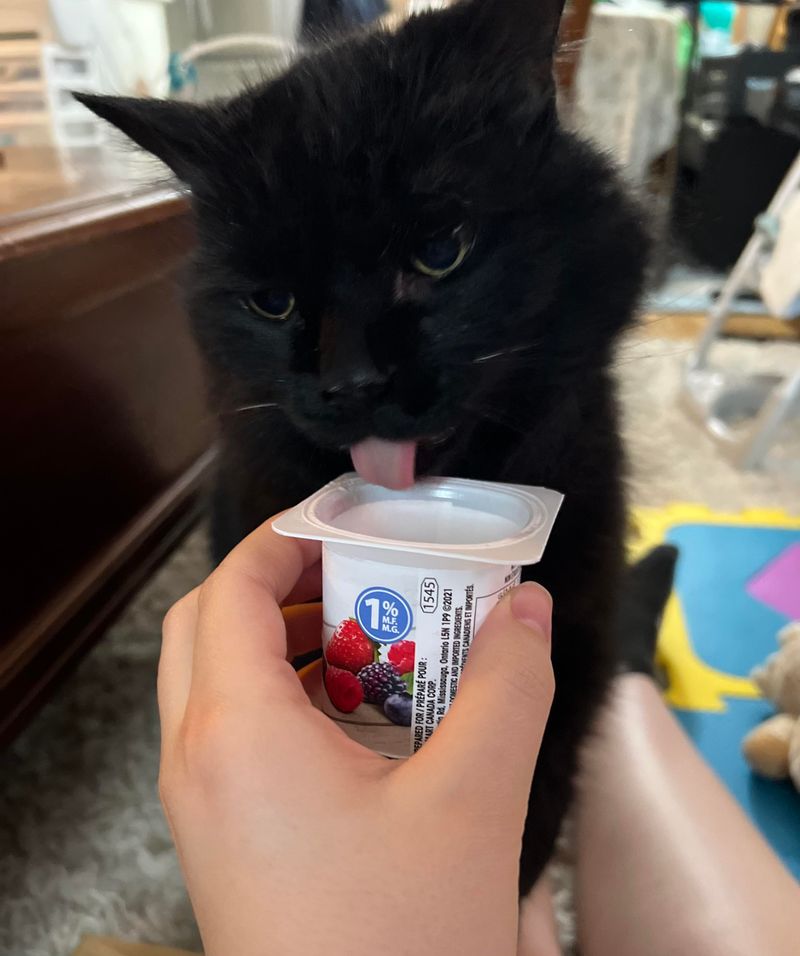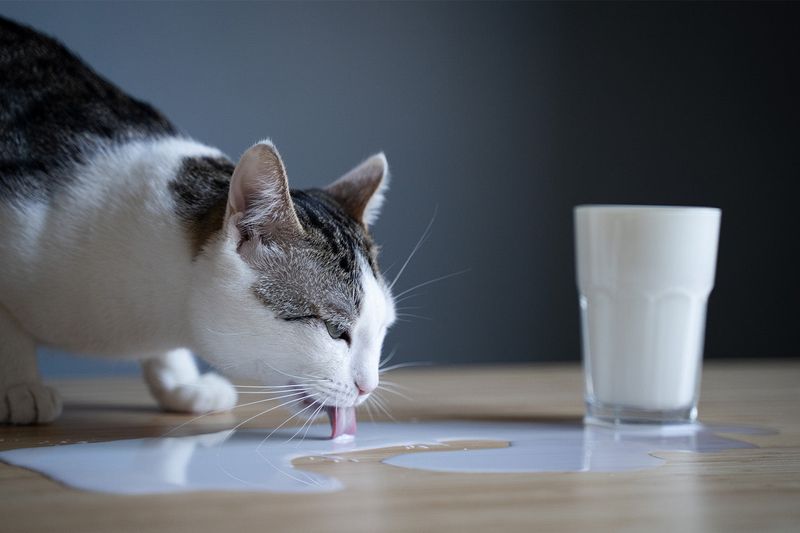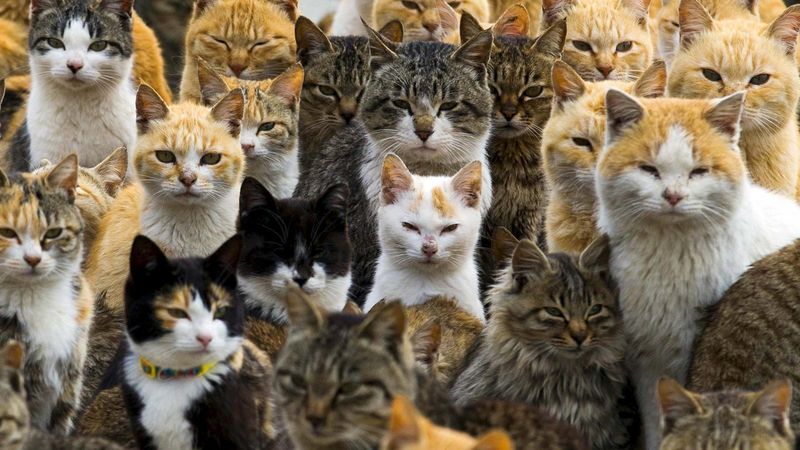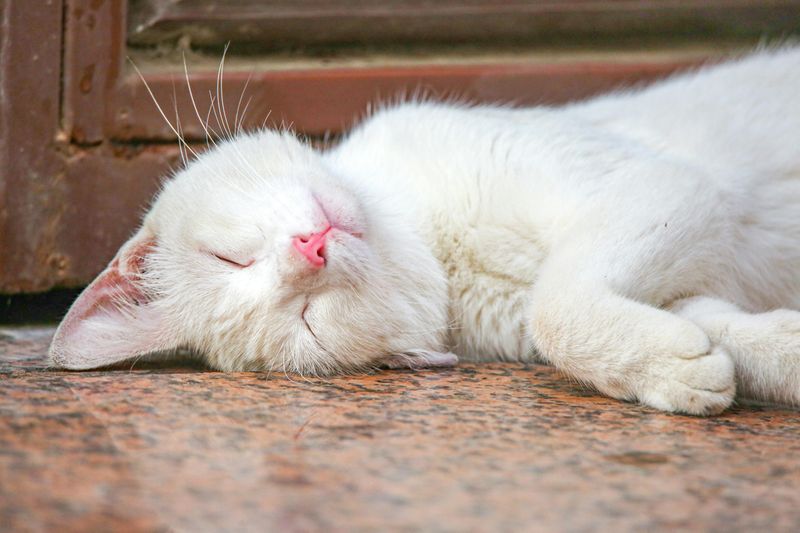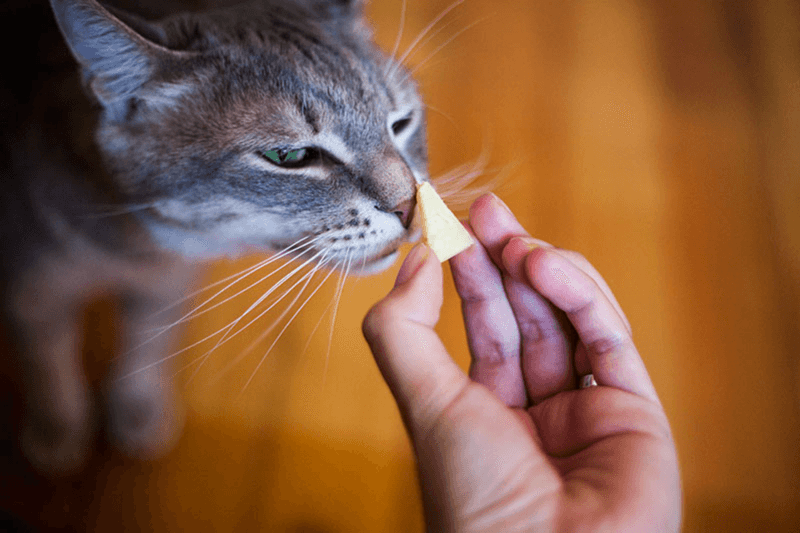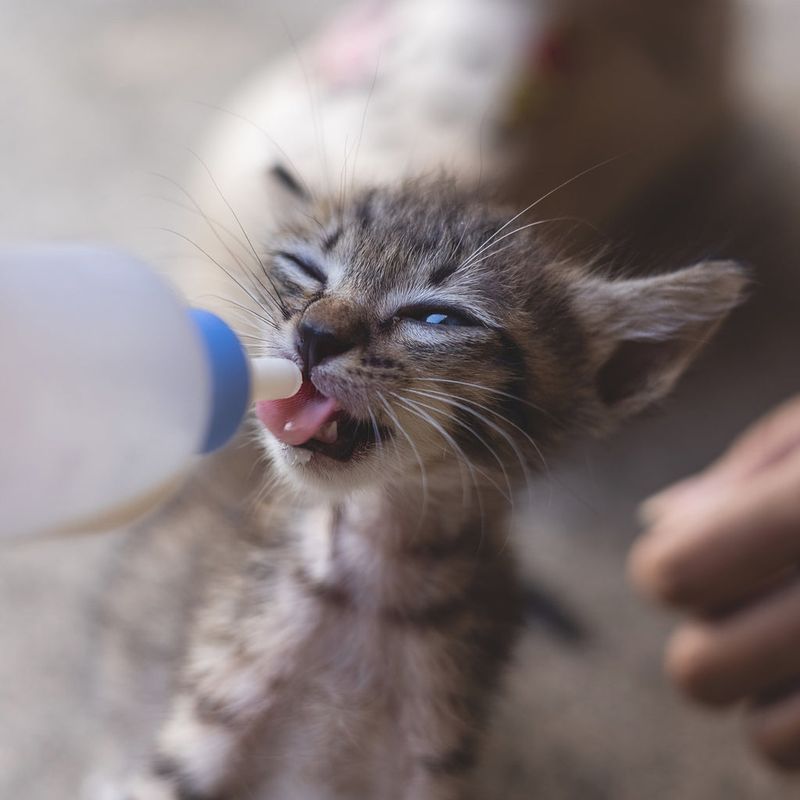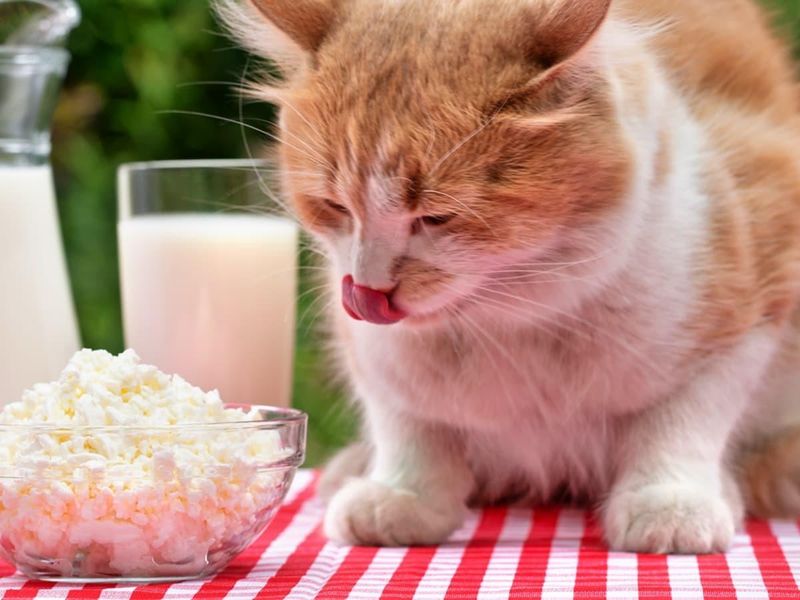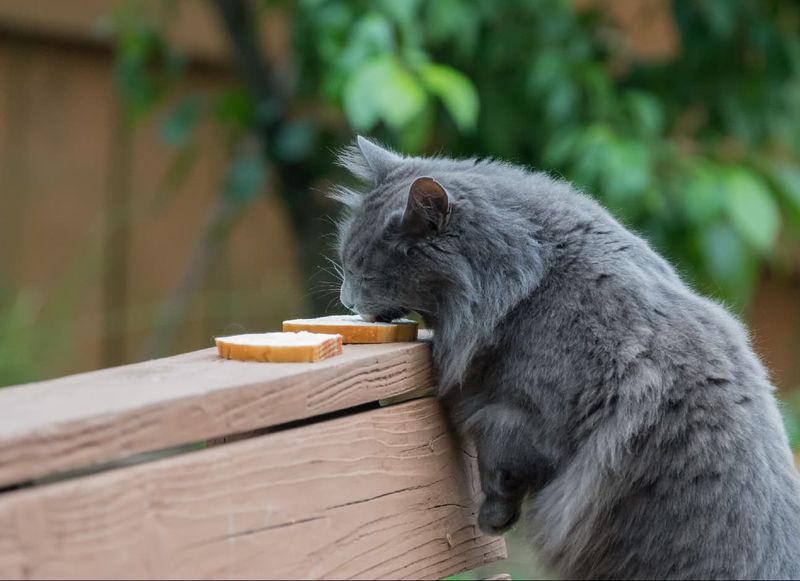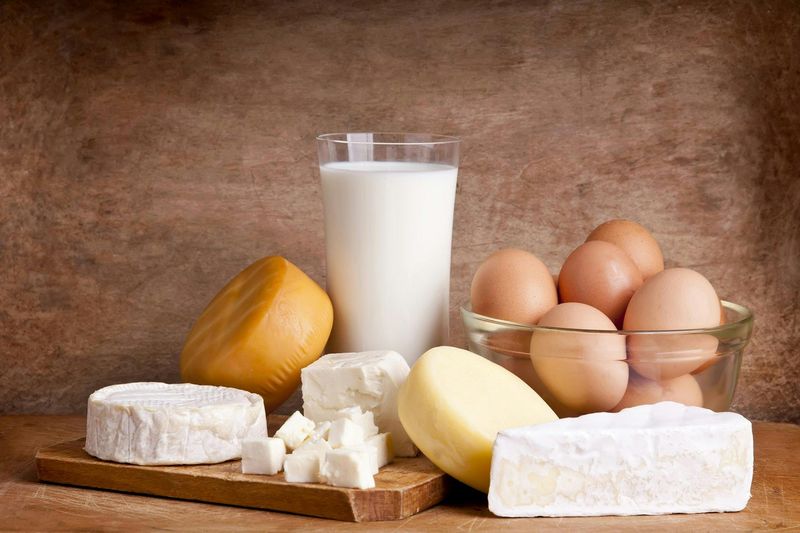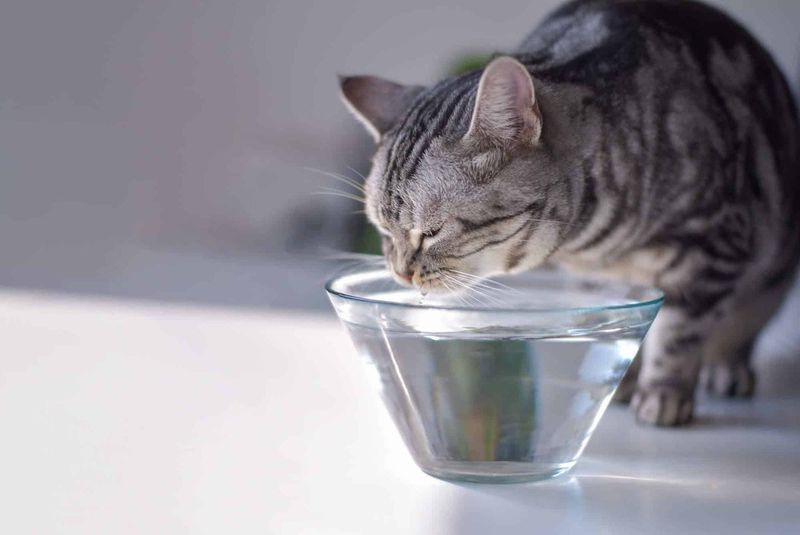📖 Table of Content:
- 1. Cats Love Milk
- 2. Kittens Need Cow’s Milk to Grow
- 3. Cheese is a Healthy Treat for Cats
- 4. Cats Can Drink Any Type of Milk
- 5. Milk Helps Cats Stay Hydrated
- 6. Yogurt is Safe for Cats
- 7. Dairy Products Give Cats Stronger Bones
- 8. All Cats are Lactose Intolerant
- 9. Warm Milk Helps Cats Sleep
- 10. Dairy Products Can Be a Good Treat in Small Amounts
- 11. Goat’s Milk is Safer for Cats Than Cow’s Milk
- 12. Cats Naturally Crave Dairy
- 13. Butter is Safe for Cats
- 14. Dairy Can Cause Allergies in Cats
- 15. Cats Should Drink Milk Instead of Water
For years, the image of a cat happily lapping up a bowl of milk has been ingrained in popular culture. From cartoons to old wives’ tales, many people still believe that dairy products are a natural and healthy treat for felines. But is this common belief actually true? While some cats may enjoy the taste of milk or cheese, their digestive systems often tell a different story. In fact, many dairy-related assumptions about cats are misleading or downright false.
The truth is, most adult cats are lactose intolerant, meaning their bodies lack the enzyme needed to properly digest lactose—the sugar found in milk and other dairy products. Despite this, myths about dairy being good for cats continue to circulate, leading pet owners to unknowingly offer their feline friends foods that could upset their stomachs. While some dairy products may be tolerated in small amounts, others can cause digestive issues, allergies, or even long-term health concerns.
So, what’s fact and what’s fiction when it comes to cats and dairy? Whether you’re a new cat owner or simply want to make sure your furry friend is getting the best diet possible, understanding these myths will help you make informed decisions about what’s safe—and what’s not—for your cat.
1. Cats Love Milk
Contrary to popular belief, many cats are actually lactose intolerant. This means they can’t properly digest milk, specifically the lactose found in it. While they may appear to enjoy it, drinking milk can lead to stomach discomfort, diarrhea, and other digestive issues. Cats lack sufficient lactase, the enzyme needed to process lactose. Although they might lap up milk eagerly, it’s not a treat their bodies appreciate. Providing fresh, clean water is always a better choice for your feline friend. Remember, your cat’s health is paramount, and avoiding milk can prevent unnecessary tummy troubles.
2. Kittens Need Cow’s Milk to Grow
Kittens do not need cow’s milk to grow. In fact, cow’s milk can cause digestive issues due to its lactose content. Instead, kittens require their mother’s milk or a specially formulated kitten milk replacer. These formulas provide essential nutrients specifically designed for a kitten’s development. Introducing cow’s milk can lead to diarrhea and dehydration, potentially hindering growth. Always ensure your kitten receives the appropriate nutrition during its early stages. It’s crucial to consult a vet for the best diet recommendations. Prioritizing their dietary needs sets the foundation for a healthy, thriving cat.
3. Cheese is a Healthy Treat for Cats
Cheese might seem like a tasty treat, but it’s not ideal for cats. Most cheese contains lactose, which many cats can’t digest properly. Feeding cheese can lead to digestive upset, including diarrhea and vomiting. Additionally, cheese is high in fat and calories, which can contribute to obesity in cats. While a tiny nibble won’t harm some cats, it’s not a suitable or regular treat. Providing healthy alternatives like lean meats or specially formulated cat treats is a better option. Keeping your pet’s diet balanced ensures they stay fit and happy.
4. Cats Can Drink Any Type of Milk
Cats cannot drink just any type of milk without repercussions. Regular cow’s milk often causes stomach upset and diarrhea due to lactose intolerance. Almond milk, while lactose-free, may contain additives harmful to cats. However, lactose-free milk made specifically for cats can be a safer choice. Even then, moderation is key. Always prioritize their health by offering clean water as the main drink. Your furry friend’s digestive system is sensitive; understanding what they can safely consume helps prevent unnecessary discomfort. Consulting with a veterinarian can guide you in making the best dietary decisions.
5. Milk Helps Cats Stay Hydrated
The idea that milk helps cats stay hydrated is a misconception. In reality, water is the best way to keep cats properly hydrated. While milk may seem appealing, it doesn’t replace the hydrating benefits of water. Moreover, milk can lead to digestive issues such as diarrhea, which can cause dehydration. Providing fresh, clean water at all times ensures your cat remains healthy and hydrated. If your cat isn’t drinking enough, try offering water in different bowls or fountains to encourage them. Always prioritize water to maintain your cat’s hydration and well-being.
6. Yogurt is Safe for Cats
Yogurt can be partially safe for cats, but caution is necessary. Plain, unsweetened yogurt might contain probiotics beneficial for their digestive system. However, it should only be offered in small amounts. Many flavored yogurts contain sugars and artificial sweeteners, which are harmful to cats. Too much yogurt can also lead to digestive upset. If your cat shows interest, provide a tiny spoonful as an occasional treat. Always observe your cat for any adverse reactions. Consulting your vet before adding new foods ensures you’re making safe choices for your feline friend.
7. Dairy Products Give Cats Stronger Bones
Dairy products are often associated with strong bones, but this doesn’t apply to cats. Cats receive essential calcium from their regular diet, which is specially formulated to meet their nutritional needs. Introducing dairy for calcium can result in digestive problems rather than benefits. Most commercial cat foods are balanced with the necessary nutrients, including calcium, to support healthy bones and teeth. It’s essential to rely on these formulated diets rather than dairy products. Ensuring a well-rounded diet tailored for your cat’s needs is the best approach to maintaining their bone health.
8. All Cats are Lactose Intolerant
While it’s a common belief that all cats are lactose intolerant, this isn’t wholly accurate. Some cats can tolerate dairy better than others, but it’s relatively rare. Most adult cats lack the enzyme lactase, needed to digest lactose. This leads to digestive issues if they consume dairy. Observing your cat’s reaction to dairy is crucial. If you notice any signs of discomfort or digestive problems, it’s best to avoid it. It’s always safer to err on the side of caution and keep dairy out of your cat’s diet to prevent potential issues.
9. Warm Milk Helps Cats Sleep
The notion that warm milk helps cats sleep is a myth. Milk lacks any sedative properties that would induce sleep in cats. While the warmth may seem comforting, it doesn’t have the sleep-inducing effects often attributed to it. Moreover, the digestive upset caused by lactose in milk could disrupt their sleep rather than aid it. Ensuring your cat has a comfortable sleeping environment is more effective. A quiet, cozy spot free from disturbances will naturally encourage better rest. Avoid relying on milk, and focus on creating a peaceful sleep setting instead.
10. Dairy Products Can Be a Good Treat in Small Amounts
Some cats might tolerate small amounts of dairy, but it should never be a regular treat. Introducing dairy products can result in digestive upset in many cats. If you choose to offer a tiny amount, observe your cat for any adverse reactions. Moderation is key, and dairy should not replace specially formulated cat treats. Providing healthy, balanced treats ensures your pet maintains a healthy diet. Always prioritize their well-being by choosing options that support their nutritional needs. Understanding your cat’s tolerance and consulting with a vet can guide safe treat choices.
11. Goat’s Milk is Safer for Cats Than Cow’s Milk
Goat’s milk has less lactose than cow’s milk, making it somewhat safer for cats. However, it can still cause digestive issues for many felines. While some cats might handle it better, caution is always advised. Introducing new foods should be done gradually and in small amounts. Always monitor your cat for any negative reactions. Goat’s milk should not be a staple in their diet, nor regularly offered. Ensuring they receive proper hydration and nutrition from their main diet is crucial. When in doubt, consult your veterinarian for dietary advice tailored to your cat.
12. Cats Naturally Crave Dairy
Cats may naturally be drawn to the smell and fat content of dairy products. However, this attraction doesn’t mean dairy is beneficial for them. Their curiosity is more about the aroma and taste rather than any nutritional need. Providing dairy can result in digestive issues rather than satisfying any craving. It’s essential to distinguish between their interests and their dietary needs. Offering alternate treats that fulfill their nutritional requirements ensures their well-being. Understanding your pet’s instincts while prioritizing their health is key. Encourage healthy eating habits by choosing appropriate foods and treats.
13. Butter is Safe for Cats
Butter, while tempting, is not safe for cats. It is high in fat, which can lead to digestive upset and potential weight gain. Cats may be attracted to its creamy texture, but the risk of overconsumption and related health issues is high. Consuming butter can result in diarrhea and discomfort. Instead, focus on providing balanced, nutritious options that cater to your cat’s dietary needs. Avoid leaving butter within reach to prevent accidental ingestion. Always prioritize your cat’s health by making informed dietary choices. Consulting your vet about suitable treats can guide better options.
14. Dairy Can Cause Allergies in Cats
Dairy can indeed cause allergies in some cats. These allergies may manifest as itchy skin, vomiting, or diarrhea. Identifying any allergic reactions early is crucial for your cat’s health. Observing changes in behavior or physical symptoms can indicate intolerance. Eliminating dairy from their diet can help alleviate these issues. Always consult your veterinarian if you suspect an allergy, to explore alternative dietary options. Understanding your cat’s unique dietary needs and potential allergies ensures a happier, healthier life. Proactive management and appropriate dietary adjustments are vital for their well-being.
15. Cats Should Drink Milk Instead of Water
Water is essential for cats, and milk should not be a substitute. Milk can cause more harm than good, especially for lactose-intolerant cats. It’s important to provide fresh water daily to keep them hydrated. Hydration supports vital bodily functions and overall health. Offering milk instead of water can lead to digestive issues and dehydration. Encourage regular water intake by providing clean, accessible water sources. Cats may occasionally enjoy lactose-free milk in small amounts, but water remains their primary source of hydration. Promote healthy habits by emphasizing the importance of water in their diet.
